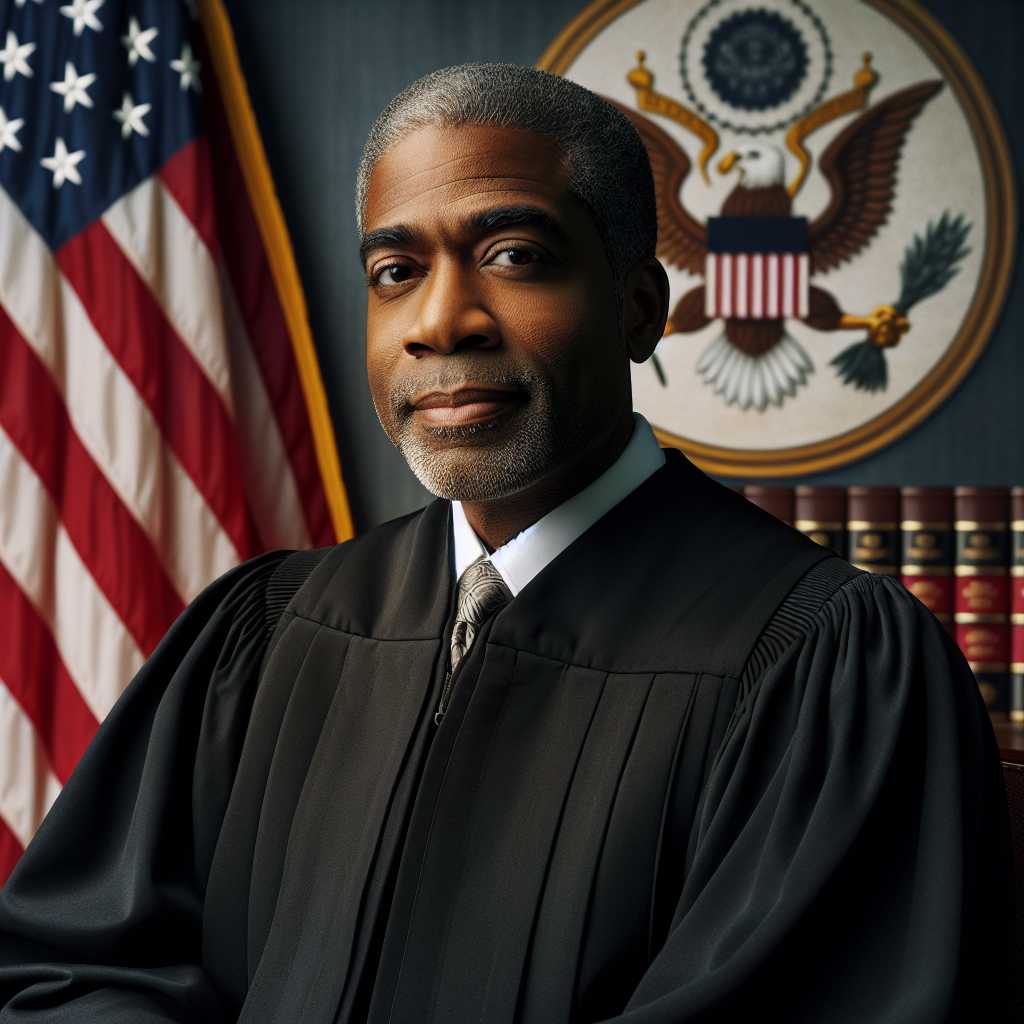The Enduring Influence of Justice Clarence Thomas
Justice Clarence Thomas remains a significant figure in the U.S. judicial system more than three decades after his controversial confirmation to the Supreme Court. Known for his conservative leanings and originalist approach to the Constitution, Thomas continues to shape American jurisprudence. In this article, we will delve into his background, judicial philosophy, notable cases, influence on the court, and the ongoing discourse surrounding his tenure.
Early Life and Career of Clarence Thomas
Born in the small town of Pin Point, Georgia, on June 23, 1948, Clarence Thomas grew up in a time of racial segregation and strife. Those formative years left an indelible mark on his life and later influenced his perspectives on race and law. He attended the College of the Holy Cross and Yale Law School, which propelled him into a career that included roles in Missouri’s Attorney General’s office and the Monsanto Company.
In 1981, Thomas’ governmental ascent began when he was appointed Assistant Secretary for Civil Rights in the U.S. Department of Education during Ronald Reagan’s presidency. Shortly thereafter, he moved to head the Equal Employment Opportunity Commission (EEOC), where he served for nearly a decade.
Confirmation to the Supreme Court
Thomas’ nomination to the Supreme Court by President George H. W. Bush in 1991 set off a contentious confirmation process marked by intense scrutiny and a televised hearing. Testimony from Anita Hill, who accused him of sexual harassment during his tenure at the Department of Education and EEOC, turned the process into a national drama. Despite this, Thomas ultimately was confirmed to join the court following a narrow Senate vote.
Judicial Philosophy and Notable Opinions
Justice Clarence Thomas is often described as an originalist—a proponent of interpreting the U.S. Constitution as it was understood at the time it was written. This perspective runs through his judicial opinions, reflecting a strong tendency to prioritize states’ rights and a literal interpretation of constitutional provisions over expansive judicial interpretation.
One of his most notable opinions came in United States v. Lopez (1995), where he argued against the broad application of Congress’s power to regulate commerce. He has also penned significant opinions on Second Amendment rights and voiced criticisms of landmark civil rights legislation’s impact on state sovereignty.
Thomas’ dissents often showcase his uniqueness on the bench. For instance, in Kelo v. City of New London (2005), which dealt with eminent domain issues, he cited historical evidence to assert his stance that the majority’s decision undermined private property rights set forth in the Framers’ vision.
Influence on the Supreme Court
Thomas’ influence on the Supreme Court goes beyond his judicial opinions. As one of the longest-serving current justices, he is viewed as an intellectual anchor for its conservative wing. Thomas’ mentorship has also shaped a generation of legal clerks who have gone on to occupy key positions within government and the judiciary, further perpetuating his legacy.
His perspectives and legal arguments have not only influenced fellow justices—including inducement to reconsider established precedents—but also encouraged conservative legal activism outside the court, exemplified by cases brought forward with intentions aligned with his views.
The Ongoing Discourse About Justice Thomas’ Legacy
Justice Clarence Thomas continues to be a polarizing figure in discussions about race, jurisprudence, and constitutional law. In recent years, debates surrounding conflicts of interest related to his wife’s political activities have arisen, underscoring ethical considerations within the apex judiciary’s operation.
Despite controversies, Thomas insists that meritocracy fuels his judgements—not politics or personal ideology—advocating case-by-case adjudication according to constitutional constructs as opposed to contemporary societal trends.
Notes
Image description: A formal portrait of Justice Clarence Thomas wearing his judicial robes, seated in front of an American flag and Supreme Court emblem, capturing a reflective but authoritative expression akin to his substantial role within America’s highest court.
sKteR

